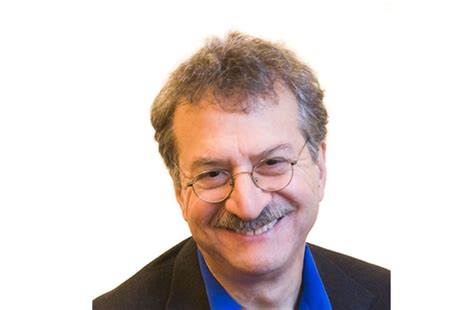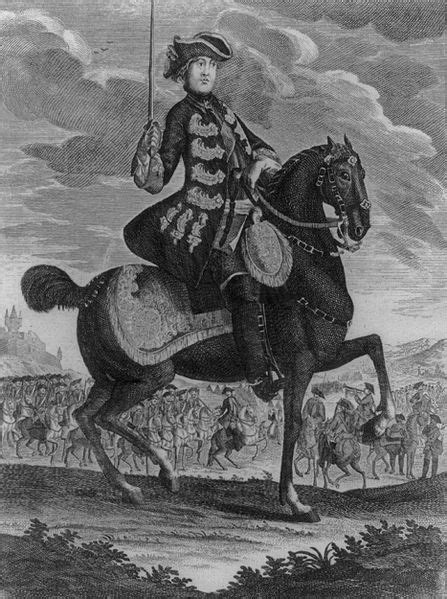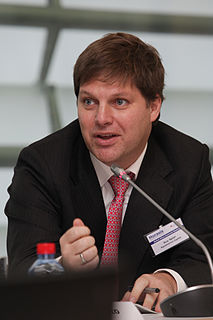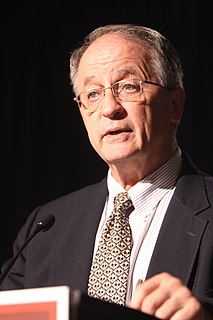A Quote by Alvin Toffler
In describing today's accelerating changes, the media fire blips of unrelated information at us. Experts bury us under mountains of narrowly specialized monographs. Popular forecasters present lists of unrelated trends, without any model to show us their interconnections or the forces likely to reverse them. As a result, change itself comes to be seen as anarchic, even lunatic.
Related Quotes
Christmas reminds us we are not alone. We are not unrelated atoms, jouncing and ricocheting amid aliens, but are a part of something, which holds and sustains us. As we struggle with shopping lists and invitations, compounded by December's bad weather, it is good to be reminded that there are people in our lives who are worth this aggravation, and people to whom we are worth the same. Christmas shows us the ties that bind us together, threads of love and caring, woven in the simplest and strongest way within the family.
That 'change makes us uncomfortable' is now one of the most widely promoted, widely accepted, and under-considered half-truths around. [I]t is not change by itself that makes us uncomfortable; it is not even change that involves taking on something very difficult. Rather, it is change that leaves us feeling defenseless before the dangers we 'know' to be present that causes us anxiety.
We hypostatize information into objects. Rearrangement of objects is change in the content of the information; the message has changed. This is a language which we have lost the ability to read. We ourselves are a part of this language; changes in us are changes in the content of the information. We ourselves are information-rich; information enters us, is processed and is then projected outward once more, now in an altered form. We are not aware that we are doing this, that in fact this is all we are doing.
Christianity taught us to see the eye of the lord looking down upon us. Such forms of knowledge project an image of reality, at the expense of reality itself. They talk figures and icons and signs, but fail to perceive forces and flows. They bind us to other realities, and especially the reality of power as it subjugates us. Their function is to tame, and the result is the fabrication of docile and obedient subjects.
All media work us over completely. They are so pervasive in their personal, political, economic, aesthetic, psychological, moral, ethical, and social consequences that they leave no part of us untouched, unaffected, unaltered. The medium is the message. Any understanding of social and cultural change is impossible without a knowledge of the way media work as environments. All media are extensions of some human faculty - psychic or physical.
All of us have many habits of whose import we are quite unaware, since they were formed without our knowing what we were about. Consequently they possess us, rather than we them. They move us; they control us. Unless we become aware of what they accomplish, and pass judgment upon the worth of the result, we do not control them.
In a world where there are no longer books we have almost all of us read, the movies we have almost all of us seen are perhaps the richest cultural bond we have. They go on haunting us for years the way our dreams go on haunting us. In a way they are our dreams. The best of them remind us of human truths that would not seem as true without them. They help to remind us that we are all of us humans together.
But I think it’s important to discuss just how easy it is for any of us to get caught up in things that might seem unthinkable—to get sucked into the wrong environment and make moral compromises that can tarnish us terribly. We like to think that we change our environment, but the truth is that it changes us. So we have to be extraordinarily careful to choose the right environment—to work with, and even socialize with, the right people. Ideally, we should stick close to people who are better than us so that we can become more like them.
Nothing sweeter than to drag oneself along behind events; and nothing more reasonable. But without a strong dose of madness, no initiative, no enterprise, no gesture. Reason: the rust of our vitality. It is the madman in us who forces us to adventure; once he abandons us, we are lost; everything depends on him, even our vegetative life; it is he who invites us, who obliges us to breathe, and it is also he who forces our blood to venture through our veins. Once he withdraws, we are alone indeed! We cannot be normal and alive at the same time.
Any one who has stood upon a lofty summit and gazed over an inchoate tangle of deep canyons and cragged mountains, of sunlit lakelets and black expanses of forest, has become aware of a certain giddy sensation that there are no distances, no measures, simply unrelated matter rising and falling without any analogy to the banal geometry of breadth, thickness, and height.



































